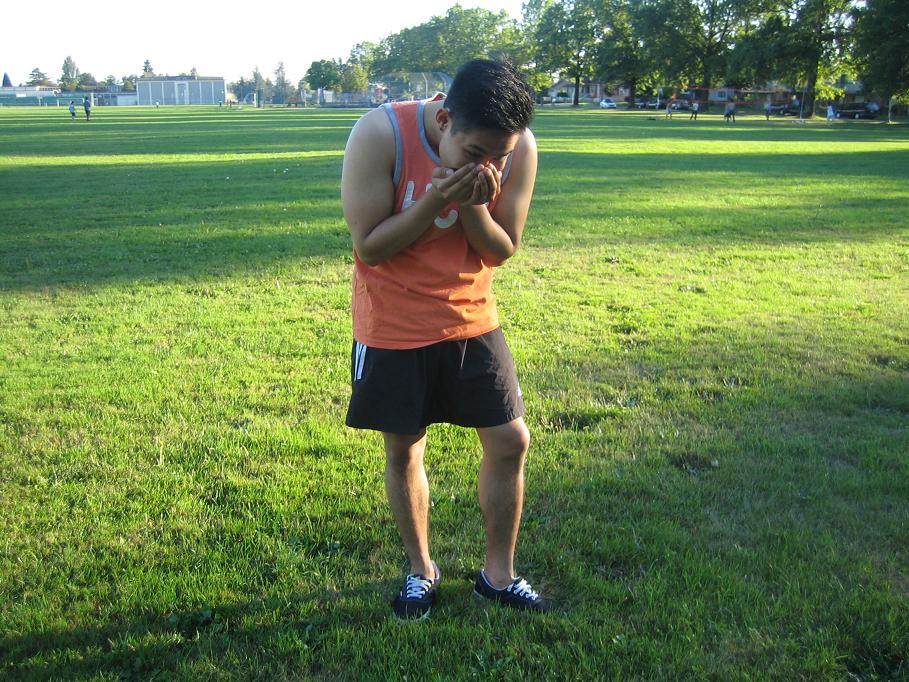Croup is a childhood infection affecting the breathing. It is also called “barking” cough. This condition is caused by virus usually common on winter and spring months. Children ages 5 and younger are susceptible to this condition, but older can also be affected. It causes a raspy sound and a low-pitched barking cough when inhaling.
Symptoms of croup
- Fever
- A high-pitched sound when inhaling or stridor
- Severe coughing at night
- Symptoms last for 3-5 days
- Hoarse or raspy voice
- Eye redness
Take the prescribed pain medications to lessen chest pain due to coughing. - Noisy and labored breathing
- Development of rashes
- Swelling lymph nodes
Causes
- Infections caused by the human parainfluenza virus which are groups of 4 viruses. These viruses are airborne and infect other people through sneezes and coughs of infected person.
- Touching a contaminated surface or materials and places his/her hand into their mouth or nose.
Treatment
- Let the child rest as much as possible for fast healing of the condition. Read stories or let them watch television or rock the child to sleep. Sleep with affected child to check on their breathing.
- Keep the affected child calm; prevent crying to prevent worsening of the symptoms and cause difficulty in breathing.
- Expose the child to moist air. Run the shower in the bathroom. Set the shower in hot. Close the bathroom door and let the child breath the warm steam for easy breathing. Another alternative is installing a mist humidifier inside the room to add moisture and lessen the symptoms. During winter months let the child stay outside for at least a few minutes to breathe cool air.
- Soak a washcloth in warm water. Wring out excess water and then let the child breath through the warm cloth for a few minute to make breathing easy.
- Take the prescribed pain medications to lessen chest pain due to coughing. Avoid giving aspirin to children below 12 years old to prevent the risk of developing Reye syndrome which is a dangerous condition.
- Give over-the-counter medications to lessen the headache or sore throat to make the child comfortable.
- When sleeping, elevate the head of the child in couple of pillows to prevent difficulties with breathing. Avoid elevating the head of babies below 12 months of age. Another alternative is putting the baby in an infant seat is also good for the condition.
- Keep the child hydrated by giving him/her warm and clear fluids such as tea or broth to loosen any mucus that accumulates in the throat. Seek medical help for affected babies to prevent dehydration.
Tips
- Regular washing of the hands.
- Maintain cleanliness of surfaces to keep contamination of germs.
- Use a tissue to cover the mouth and nose especially when sneezing and throw the tissue immediately after using them to prevent the spread of infection.
- Avoid sharing not properly washed plates, cups and cutlery and other utensils used in the kitchen with other people.
FACT CHECK
https://www.healthlinkbc.ca/health-topics/hw31906
https://www.webmd.com/children/understanding-croup-basic-information
https://www.mayoclinic.org/diseases-conditions/croup/symptoms-causes/syc-20350348


